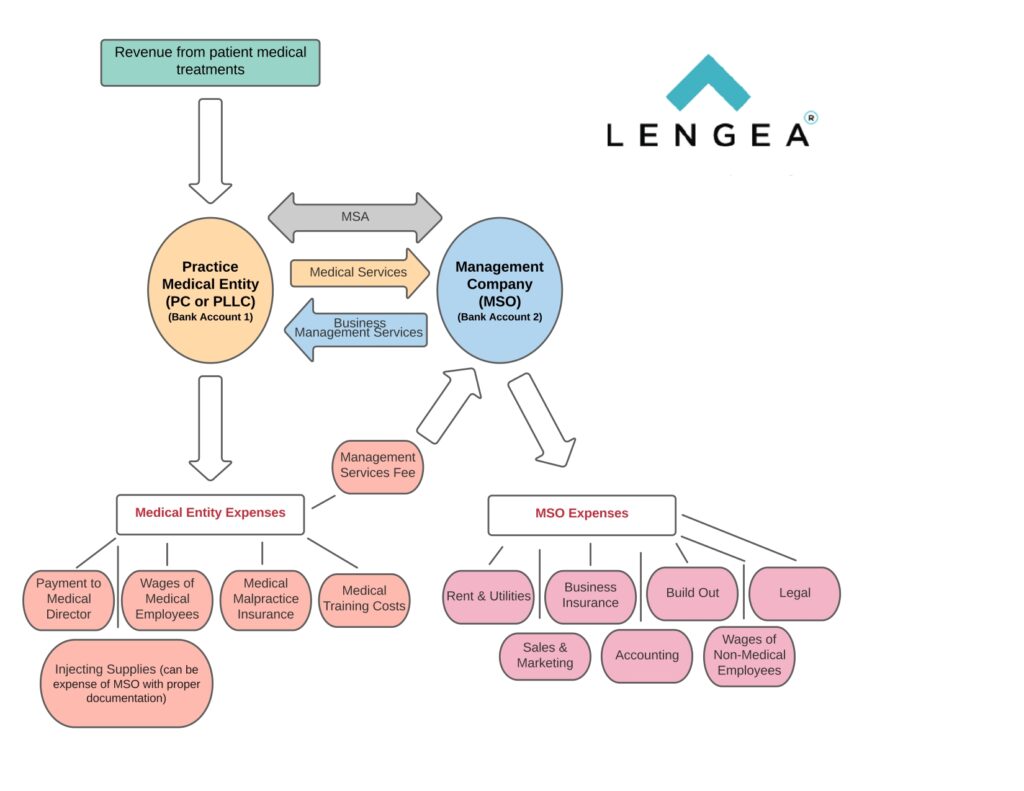CPOM Medical Directors
What is a Medical Director?
A medical director is a physician who partners with a registered nurse, esthetician, or other healthcare providers to provide the legally required clinical oversight, in some states with proximity requirements attached, to satisfy the laws that allow the practice to operate and see patients. A medical director has several responsibilities, which may include developing and implementing clinical protocols and policies, overseeing the compliance with healthcare regulations and standards, and managing the performance of the medical staff. In those specific states with corporate practice of medicine (CPOM) laws, medical directors may also own the entity called the professional corporation (PC) that is established to meet the ownership requirements. Fortunately, remote medical directors can be utilized in most states.
How does the relationship work?
The Medical Director owns the PC that is legally responsible for the medical portion of the business. This visual diagram provided by Lengea Law explains the relationship between Medical Director and provider in more detail.
A common misconception is that “If the doctor owns my practice, does the doctor keep a large portion of the profit?” The answer is no. There will be an agreement (MSA) between you and the doctor that clarifies ownership and accounting between the medical and non-medical management portions of the practice.

